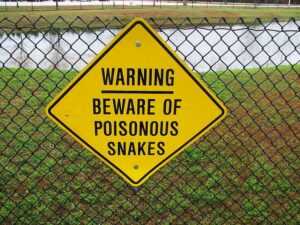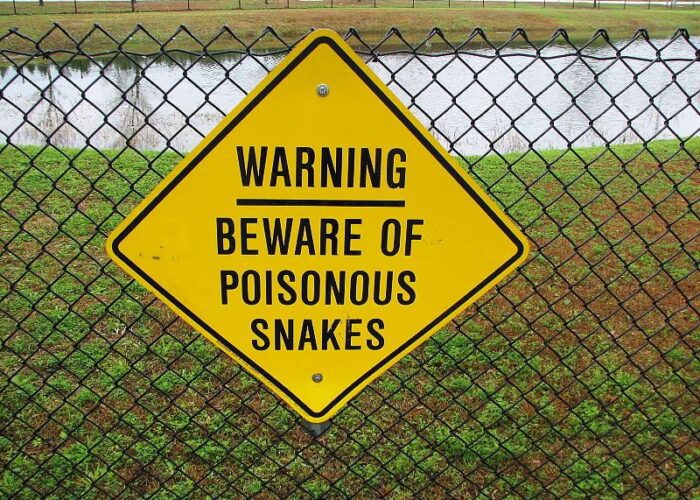
The Liverpool School for Tropical Medicine has begun research to find a universal anti-venom for deadly snakes found in sub-Saharan Africa.
Dr Robert Harrison, the leader of LSTM’s Alistair Reid Venom Unit, intends on developing a single affordable anti-venom for the entire region following a grant from the Medial Research Council.
Unit members are expecting the anti-venom could reduce the 32,000 snakebite deaths as well as the number of people left disabled from snake bites which is at almost 100,000 per year.
“There are over 20 species of deadly snakes in Sub-Saharan Africa and doctors often rely on the victim’s description of the animal to help them decide which treatment to administer,” Dr Harrison said.
“The preferred option therefore is to give a broad-spectrum, or poly-specific, anti-venom to cover all the possible snake species that could be responsible.”
The current issue with anti-venoms is the need to develop and use separate ones for each different kind of venomous snake.
These separate anti-venoms not only come with their own set of side effects but the cost of inoculating a person for each and every kind of venomous snake can rise rapidly. This means that impoverished farmers who need them most can’t afford them.
There are limitations to modern day cover-all anti-venoms as venom is extracted from several species of snake before being injected in low doses into animals, creating antibodies which are then used to create anti-venom.
Multiple snake species means that the animals only make a small amount of antibody to each species, and the resulting anti-venom is insubstantial.
However, the LSTM team, alongside research teams in Spain, has created a system which boosts the potency of the anti-venom and the team hopes to overcome the most venomous snakes of sub-Saharan Africa.

